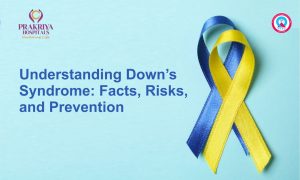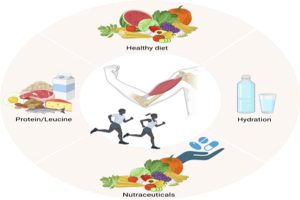Heart attacks are no longer a health issue only affecting older adults. Alarmingly, more young people under 40 are experiencing heart attacks, driven by lifestyle choices, genetic factors, and low awareness. Early education and prevention are crucial to safeguard heart health in this age group.
Why Are Heart Attacks Rising Among the Young?
Recent studies reveal that 1 in 5 heart attack patients is under 40. Unlike previous decades, heart attacks are increasingly affecting younger adults due to:
- Sedentary lifestyles from long hours at desks or excessive screen time.
- Poor dietary habits, including frequent consumption of fast and processed foods.
- Substance use, such as smoking and excessive alcohol consumption.
- High stress levels from academics, work, and social pressures.
- Delayed medical attention, as young people often dismiss early warning signs.
- Genetic predispositions and congenital heart conditions.
Common Symptoms in Young Adults
Heart attack symptoms in young adults may differ from older individuals. Key signs include:
- Chest pain, tightness, or discomfort
- Pain radiating to the arm, jaw, neck, or back
- Shortness of breath, even at rest
- Nausea or vomiting
- Extreme fatigue or dizziness
- Cold sweats
- Rapid or irregular heartbeat
- Severe anxiety or panic attacks
Women may also experience upper back pain or unexplained tiredness, often mistaken for minor health issues.
Major Risk Factors
The main contributors to heart attacks in young adults include:
- Obesity, diabetes, and high blood pressure
- Unhealthy diets (processed foods, sugar, trans fats)
- Smoking and recreational drug use
- Lack of regular physical activity
- Family history of heart disease
Chronic stress and untreated mental health issues can further increase risk, particularly in those with genetic vulnerability.
How Young Adults Can Prevent Heart Attacks
Adopting a heart-healthy lifestyle early can drastically reduce the risk:
- Eat a balanced diet: Include fruits, vegetables, whole grains, lean proteins, and healthy fats while limiting processed and sugary foods.
- Exercise regularly: Aim for at least 30 minutes of moderate activity (e.g., brisk walking, cycling) five times a week.
- Manage stress: Practice yoga, meditation, or hobbies that promote relaxation.
- Regular check-ups: Monitor cholesterol, blood pressure, and blood sugar, especially with a family history of heart disease.
- Avoid harmful substances: Say no to smoking and recreational drugs; drink alcohol in moderation.
- Stay active daily: Limit screen time and incorporate physical activity into your routine.
- Maintain a healthy weight: Combine a balanced diet with regular exercise.
Final Thoughts
The rising incidence of heart attacks in young adults is a wake-up call to prioritize heart health early. By making mindful lifestyle choices, managing stress, and staying alert to warning signs, young people can protect their hearts and ensure long-term well-being.
Dr. Anand Kumar M
MBBS, MD, FNIC, DM, FSCAI
Interventional Cardiologist
Head of Department of Cardiology, Prakriya Hospitals














